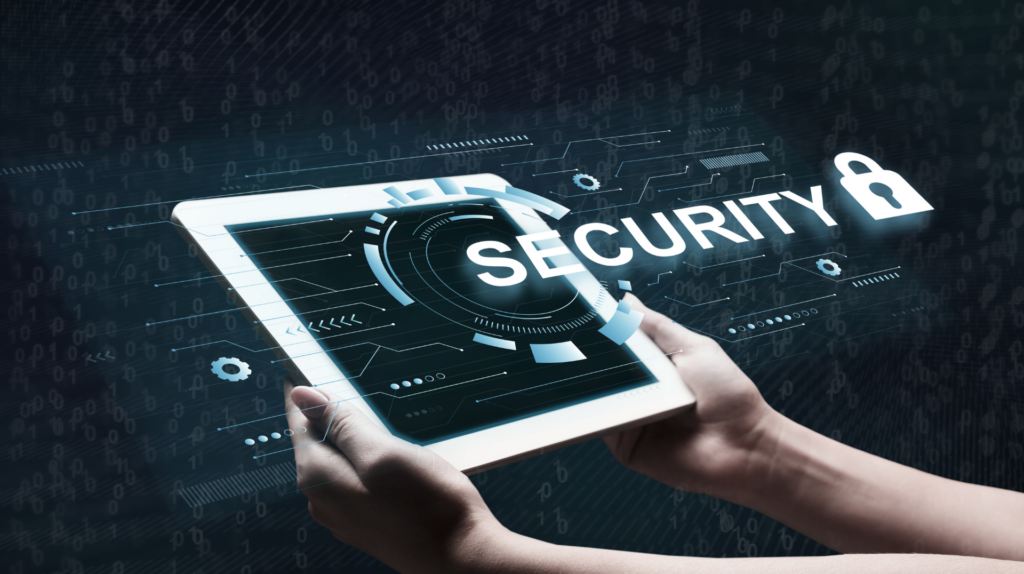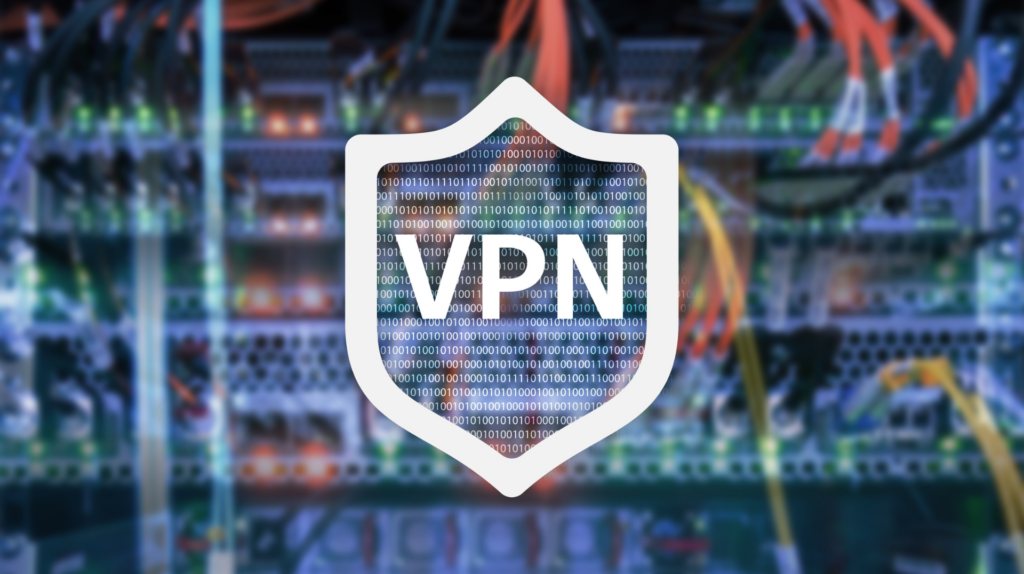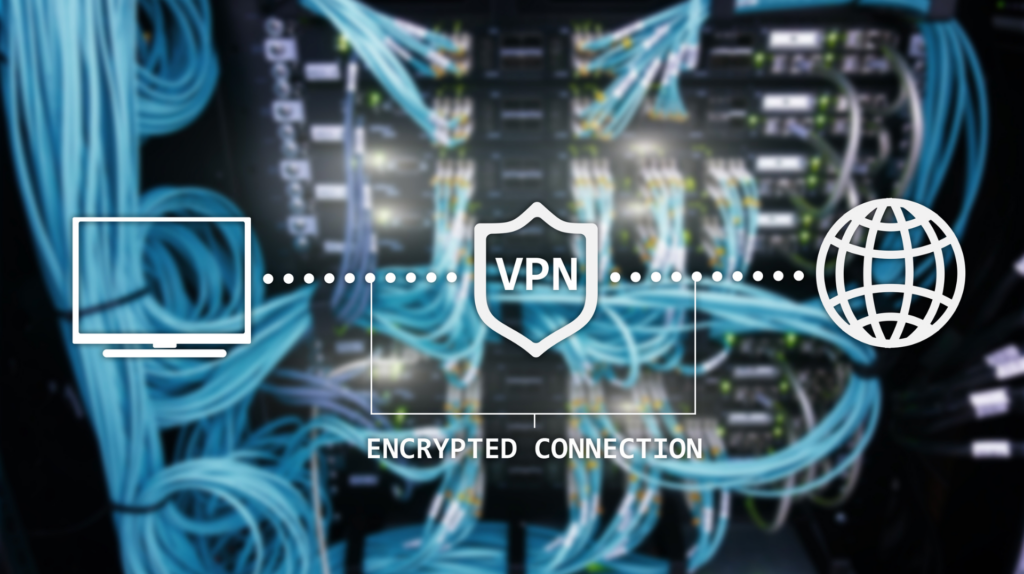In an increasingly unpredictable world, safety is paramount. While law enforcement remains a critical component of public security, private security services have become indispensable silent protectors in safeguarding businesses, individuals, and communities. This blog delves into the world of private security services, uncovering their roles, importance, and how they operate in today’s complex security landscape.
The Growing Demand for Private Security
The private security industry has seen remarkable growth over the past few decades. Factors such as rising crime rates, global terrorism threats, and the need for personalized security solutions have fueled this expansion. Today, private security firms offer a broad spectrum of services, including:
Cybersecurity Services: Defending against digital threats and protecting sensitive data.
Corporate Security: Protecting businesses from theft, vandalism, and insider threats.
Personal Bodyguards: Offering executive protection for high-profile individuals and celebrities.
Residential Security: Ensuring the safety of gated communities and individual homes.
Event Security: Managing large gatherings to prevent disruptions and ensure crowd control.

Understanding the Role of Private Security Personnel
Private security officers are often the first line of defense in critical situations. Unlike public law enforcement, they are typically hired by private entities to offer customized protection. Their roles can vary widely:
- Static Guards: Positioned at entry points to monitor access and deter unauthorized individuals.
- Patrol Officers: Conducting mobile patrols to survey larger areas and ensure comprehensive coverage.
- Surveillance Operatives: Monitoring CCTV systems and other technologies to detect suspicious activities.
- Close Protection Officers: Providing personal security for clients facing elevated risks.
Each role requires specialized training and expertise, ranging from conflict resolution and physical defense to advanced weapon handling and cybersecurity measures.
Lorem ipsum dolor sit amet, consectetur adipisicing elit, sed do eiusmod tempor incididunt ut labore et dolore magna aliqua. Ut enim ad minim veniam, quis nostrud exercitation.
Peter Jackson
Key Benefits of Private Security Services
Private security services offer several advantages over public law enforcement in certain contexts:
Technological Integration: Many private firms utilize cutting-edge technology, from biometric access control to drone surveillance, enhancing overall security efficiency.
Personalized Attention: Unlike public police forces, which must serve entire communities, private security tailors solutions to meet specific client needs.
Immediate Response Times: Private security personnel are dedicated to their clients, often enabling faster response times than public law enforcement.
Preventive Measures: Visible security presence acts as a powerful deterrent against criminal activities.
Regulatory and Ethical Considerations
While private security plays a vital role, the industry operates under strict regulations to ensure ethical and legal compliance. Many countries require security personnel to undergo rigorous background checks, training, and licensing. Additionally, firms are bound by privacy laws and codes of conduct that govern the use of force, surveillance, and data management.


Choosing the Right Private Security Provider
Selecting a reputable private security firm is critical for effective protection. Here are key factors to consider:
- Experience and Reputation: Look for firms with proven track records and positive client testimonials.
- Licensing and Certification: Ensure compliance with local and national security regulations.
- Customized Services: Choose providers that offer tailored solutions specific to your needs.
- Technology Integration: Opt for firms that leverage modern security technologies to enhance service quality.
- Transparency and Communication: Strong communication and clear contracts ensure a smooth working relationship.
The Future of Private Security
The future of private security services is intertwined with technological advancements. Artificial intelligence, facial recognition, and predictive analytics are shaping how security professionals operate. Cybersecurity will continue to be a critical component, with firms investing heavily in defending against sophisticated digital threats.
Additionally, the demand for specialized training and ethical oversight will grow, ensuring that private security remains a trusted and effective solution.
Conclusion
Private security services are the silent protectors that bridge the gap between public safety and personal protection. By offering tailored solutions, advanced technology, and a proactive approach, they provide a critical layer of security in an ever-changing world. Whether safeguarding individuals or securing vast corporate assets, private security is an invaluable force standing guard when and where it matters most.




